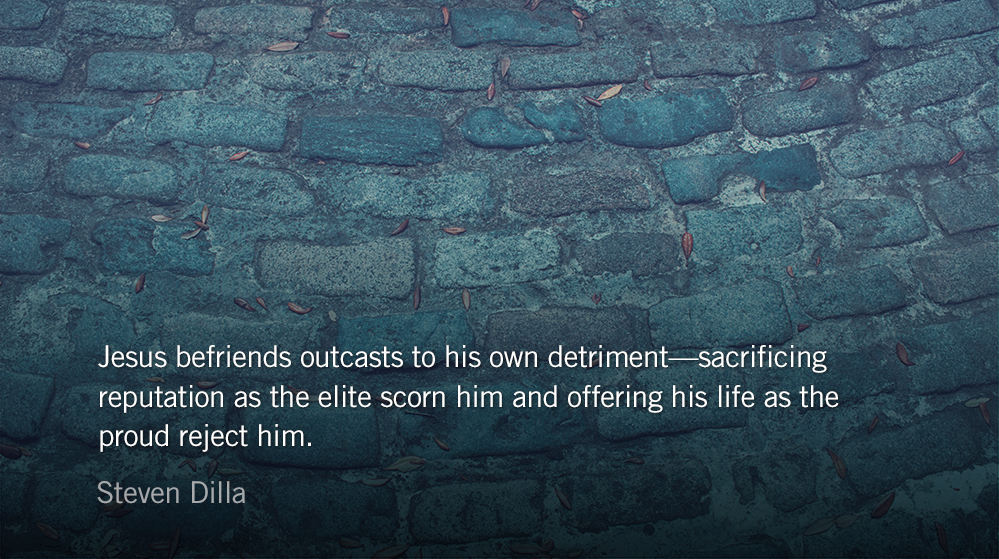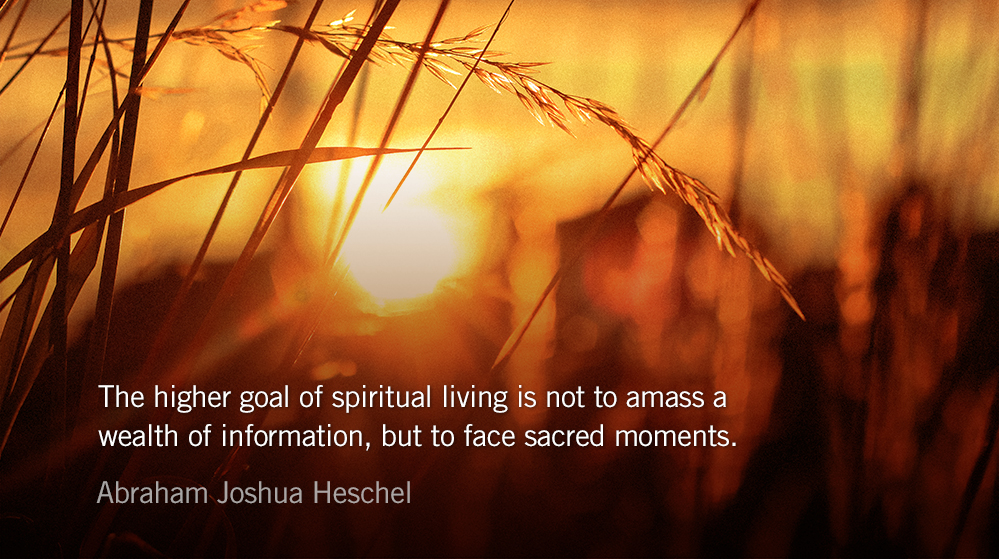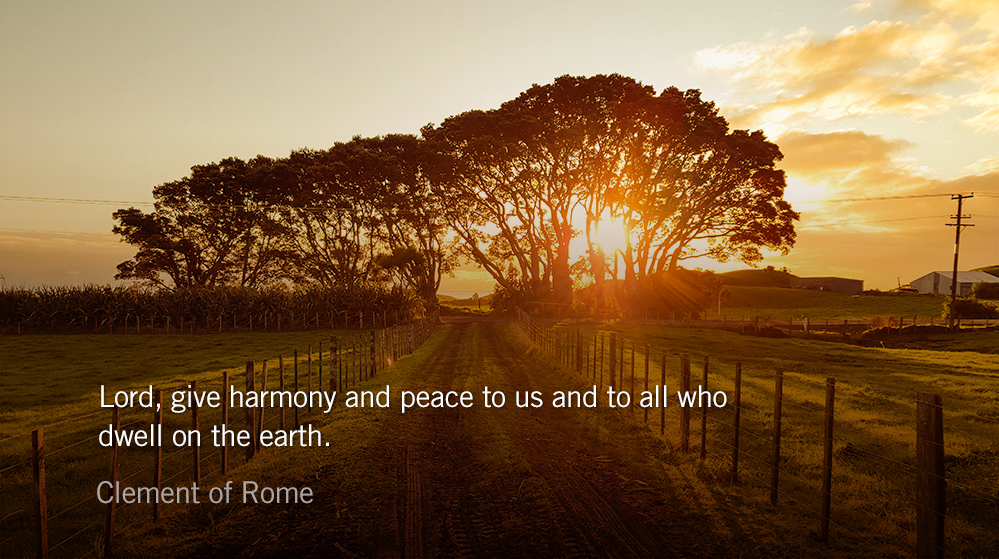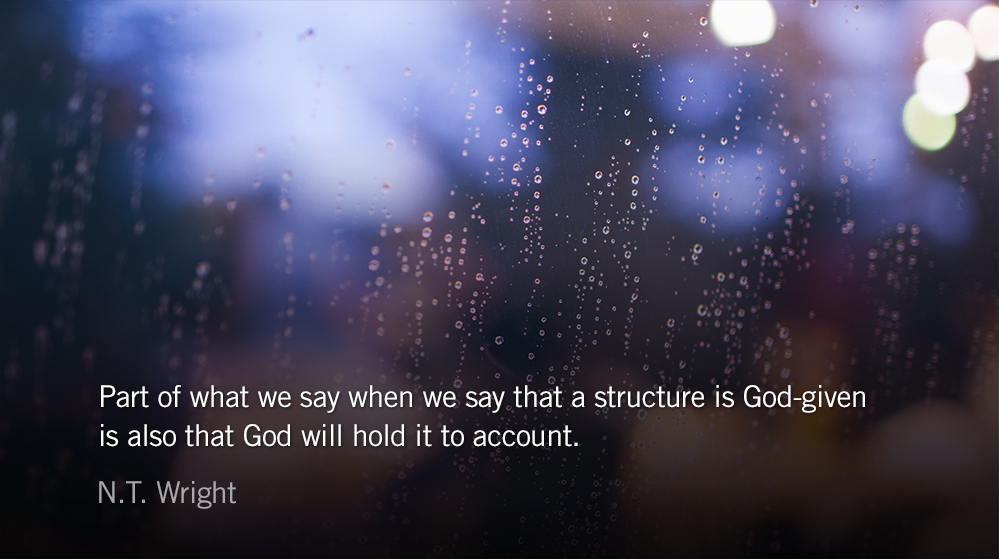Everyone who comes to me and hears my words and does them, I will show you what he is like: he is like a man building a house, who dug deep and laid the foundation on the rock. — Luke 6.47-48
Jesus presented his followers with a question: are you willing to build your house on a foundation that will cost you more, take you longer, and require more energy to build? Building a house on sand is quick and simple—the supports sink down easily, the shelter rises more quickly, and stasis is established more readily. Such is the way of legalism.
Humans are surprisingly resilient and wonderfully strong. We can overcome adversity and will ourselves into whatever we perceive as best. Yet external change without internal transformation is sinking sand.
In Dr. Martin Lloyd-Jones’ Spiritual Depression: Its Causes and Its Cure, the pastor warns:
To make it quite practical I have a very simple test. After I have explained the way of Christ to somebody I say “Now, are you ready to say that you are a Christian?” And they hesitate. And then I say, “What’s the matter? Why are you hesitating?” And so often people say, “I don’t feel like I’m good enough yet. I don’t think I’m ready to say I’m a Christian now.” And at once I know that I have been wasting my breath. They are still thinking in terms of themselves….
It sounds very modest to say, “Well, I don’t think I’m good enough,” but it’s a very denial of the faith. The very essence of the Christian faith is to say that He is good enough and I am in Him.
As long as you go on thinking about yourself like that and saying, “I’m not good enough; Oh, I’m not good enough,” you are denying God—you are denying the gospel—you are denying the very essence of the faith and you will never be happy. [You’ll] think you’re better at times, and then again you will find you are not as good at other times… You will be up and down forever.
“Therefore,” the author of Hebrews writes, “let us be grateful for receiving a kingdom that cannot be shaken.” For though community is costly, though meditation, reflection and prayer take time, though it takes energy to live an examined life, it builds our future on an unshakable foundation.
Today’s Reading
Jonah 1 (Listen – 2:29)
Luke 6 (Listen – 6:46)






